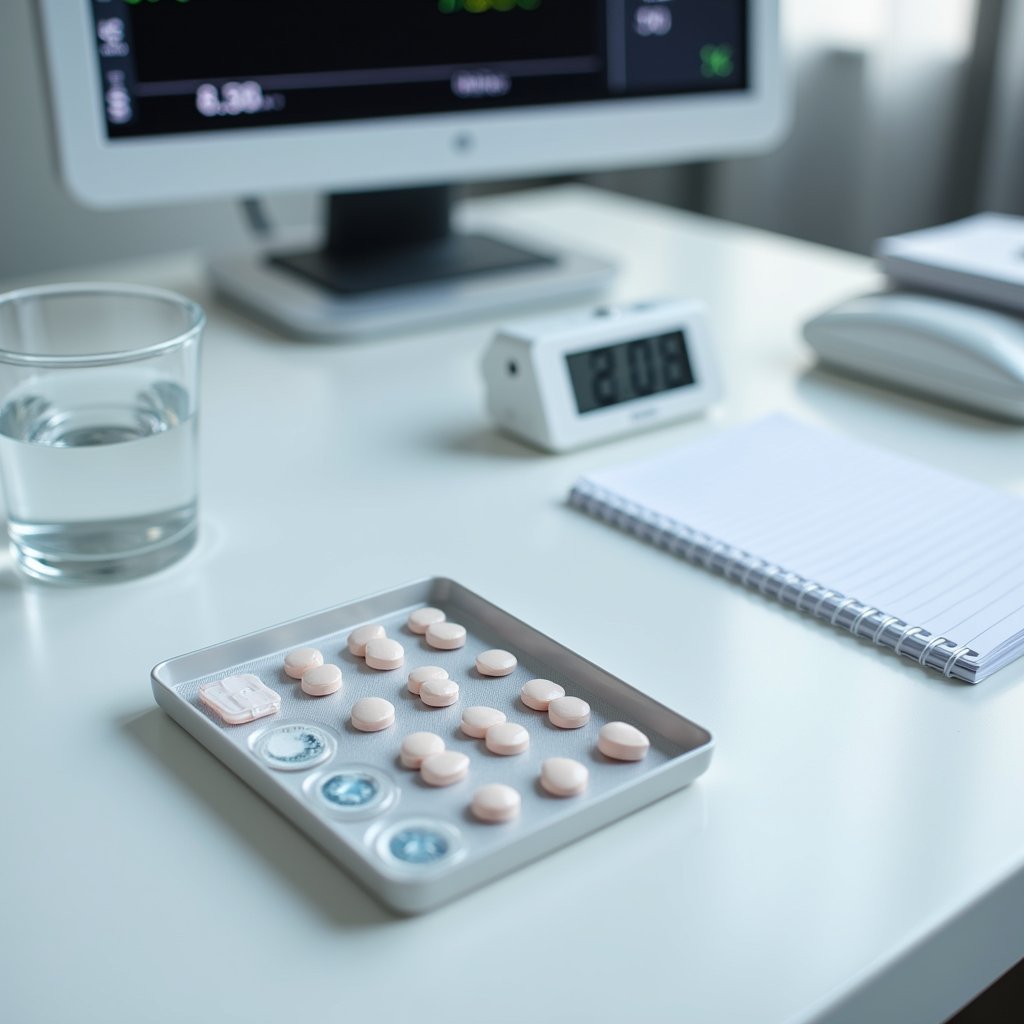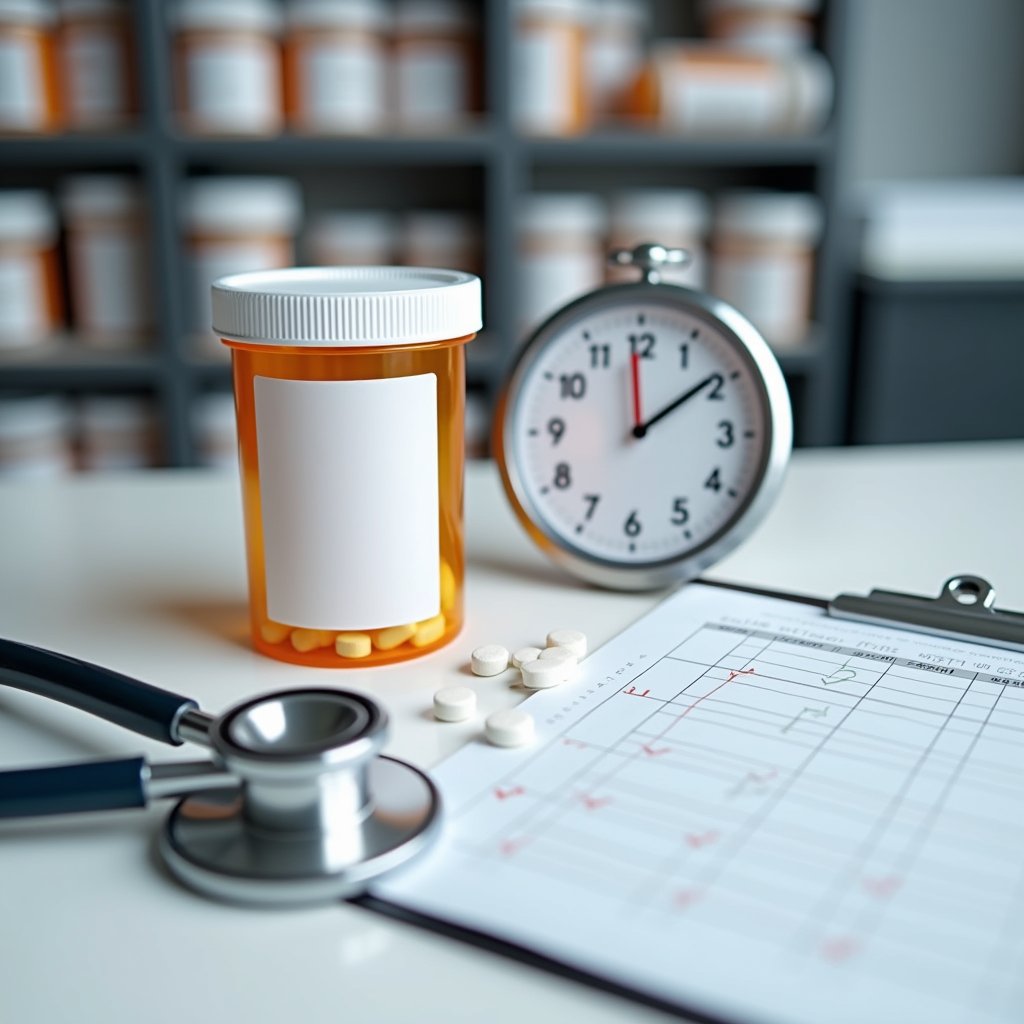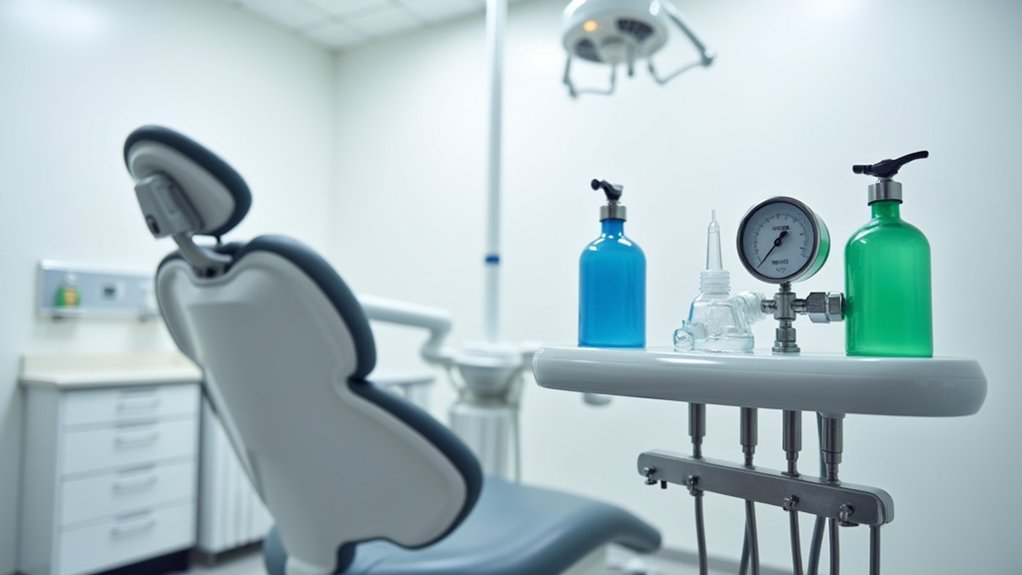Depression is a widespread mental health disorder affecting millions of people worldwide. Along with a plethora of treatment options like psychotherapy and medication, researchers have been investigating the role of nutrition in maintaining good mental health. Specifically, the effects of certain vitamins on depression have come under the spotlight.
Understanding Depression and Vitamins
Before delving into specific vitamins, it’s crucial to understand the link between depression and nutrition. Depression can manifest due to a myriad of reasons, including genetics, hormonal imbalances, and external circumstances. Yet, a lesser-known contributor is the deficiency of essential nutrients.
Vitamins are essential compounds our bodies need in small amounts to function correctly. They play a significant role in brain health by aiding in nerve function, neurotransmitter production, and maintenance of brain structure. A deficiency in certain vitamins may potentially contribute to depressive symptoms.
Fighting Depression with Vitamins
Vitamin D
Known as the ‘sunshine vitamin,’ Vitamin D is synthesized in the skin upon exposure to sunlight. Research links Vitamin D deficiency with depression, as it plays a crucial role in mood regulation and brain health. Vitamin D receptors exist throughout the brain, including areas associated with depression.
B-Vitamins
B-vitamins, particularly B6, B9 (folate), and B12, are vital for brain function and the synthesis of neurotransmitters, such as serotonin and dopamine, which regulate mood. Lack of these vitamins may lead to a decrease in these neurotransmitters, contributing to depressive symptoms.
Vitamin C
Though often associated with boosting immunity, Vitamin C plays a significant role in mental health. It aids in the conversion of dopamine to serotonin, the ‘feel-good’ hormone. A deficiency in Vitamin C can result in lowered mood and increased susceptibility to depression.
How to Incorporate These Vitamins into Your Diet
Though supplements are available, it’s best to derive vitamins from natural food sources. Incorporating a variety of fruits, vegetables, lean meats, and dairy products into your diet will ensure a healthy intake of these vitamins. For Vitamin D, regular exposure to sunlight is also beneficial.
When to Seek Professional Help
While vitamins are an essential part of managing depression, they should not replace professional mental health treatment. If you’re experiencing symptoms of depression, it’s crucial to seek professional help. Therapists and doctors can provide comprehensive treatments tailored to individual needs.
Vitamins can complement these treatments by helping to balance the body’s nutrient levels, enhancing overall physical health, and potentially improving the effectiveness of other treatments.
Looking Towards the Future
The impact of nutrition on mental health is still a growing field of research. The precise mechanisms through which vitamins help depression are not yet entirely clear, and more research is needed. However, what’s undeniable is the interconnectivity between physical and mental health.
If you’re dealing with depression, remember, you’re not alone, and help is available. Reach out to NationalDepressionHotline.org, a free resource offering support, information, local referrals, and more.
Depression is a complex disorder that can’t be cured with vitamins alone. But a balanced diet, alongside professional mental health treatment, can form a holistic approach to managing depression. Remember, taking care of your physical health is a vital part of your mental well-being.






